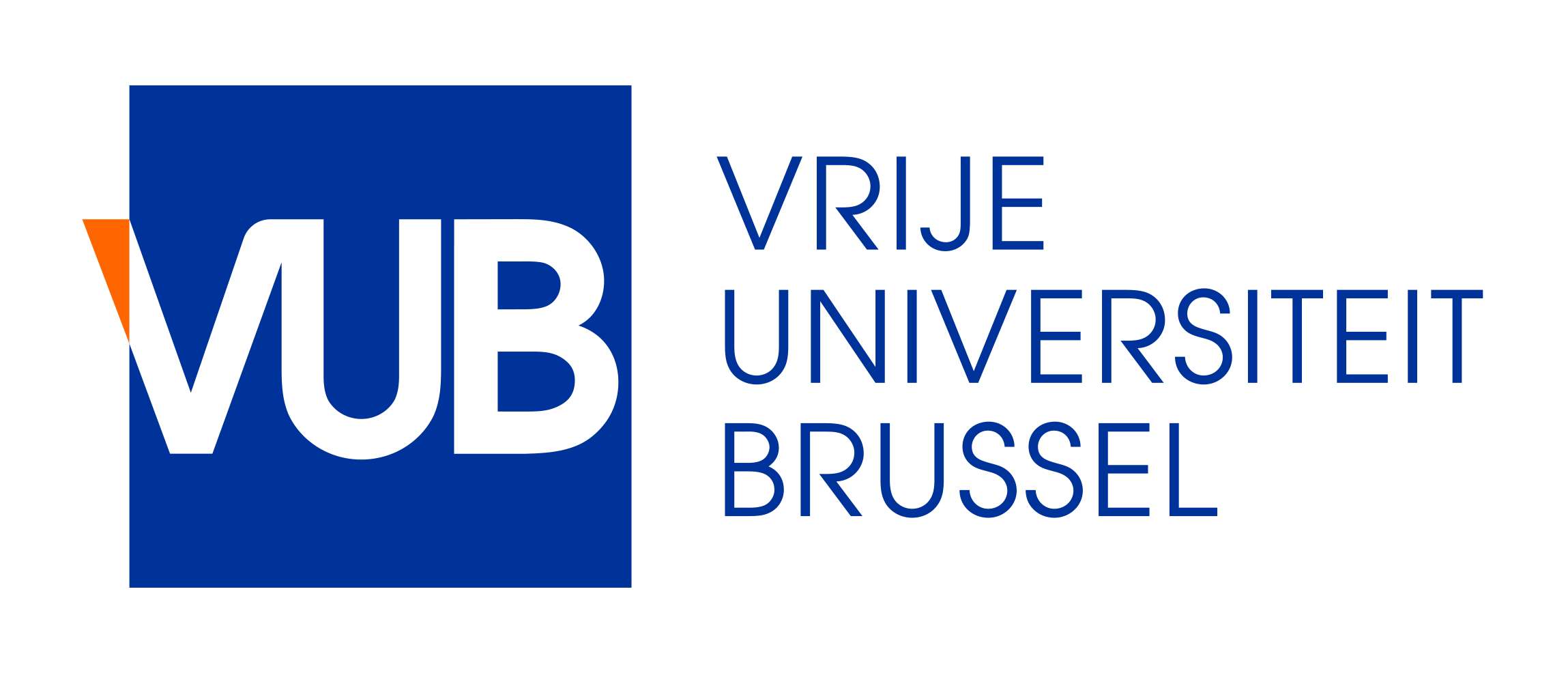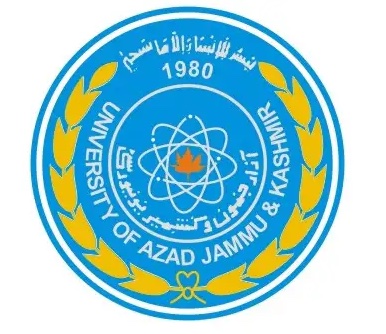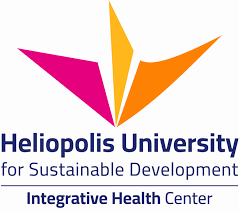The Environmental Physiotherapy Agenda 2027
EPT education across the curriculum
The EPT Agenda 2027 builds on the success of the initial phase of our international effort to introduce planetary health, environmental, and sustainability education into physiotherapy training around the world. While the focus of the EPT Agenda 2023 was simply to make a start at integrating EPT education into physiotherapy training, we are setting our ambitions at the transversal integration across the curriculum during this second phase. An additional and closely related effort will be the further development of environmental physiotherapy practice such that increasing education in this field finds direct translation into the day-to-day work of physiotherapists around the world.
Over 90 physiotherapy education institutions are currently working together in the EPT Agenda 2027, supported by over 35 international organizations and over 700 individual supporters, and. we continue to grow by the day. If you would like your physiotherapy school or university to join our efforts or your organization wants to express its support for our work, please email Filip Maric (PhD).
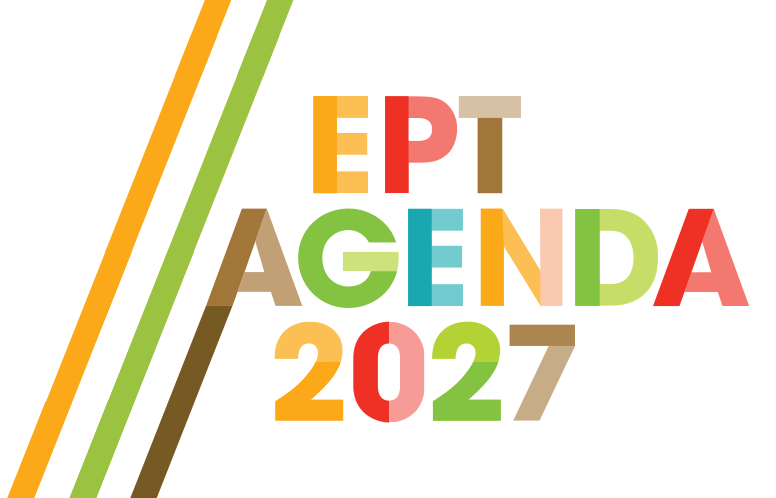
If you have questions about the EPT Agenda 2027, or if you are a physiotherapy educator interested in getting your physiotherapy school or university involved in the project, or would like to share your own environmental physiotherapy education projects, please contact Filip Maric (PhD). Contributions in any language and any format are welcome! We appreciate your help in advancing social and environmental awareness and responsibility across the health care and beyond.
Participating institutions
The EPT Agenda participating institutions are the driving force of our efforts as they engage in the process of implementing environmental physiotherapy, planetary health, and sustainability education into their respective programs and share about it via the EPA and other channels. Much courage, passion, leadership, and drive are required for this given that tertiary education institutions around the world are under a variety of considerable and growing pressures, financially, politically, and environmentally. To take on a task as bold as the one proposed in this Agenda is no small feat, irrespective of the extent or approach chosen to achieving it. We are therefore particularly grateful for the passionate collaboration in these efforts.


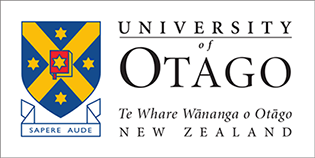



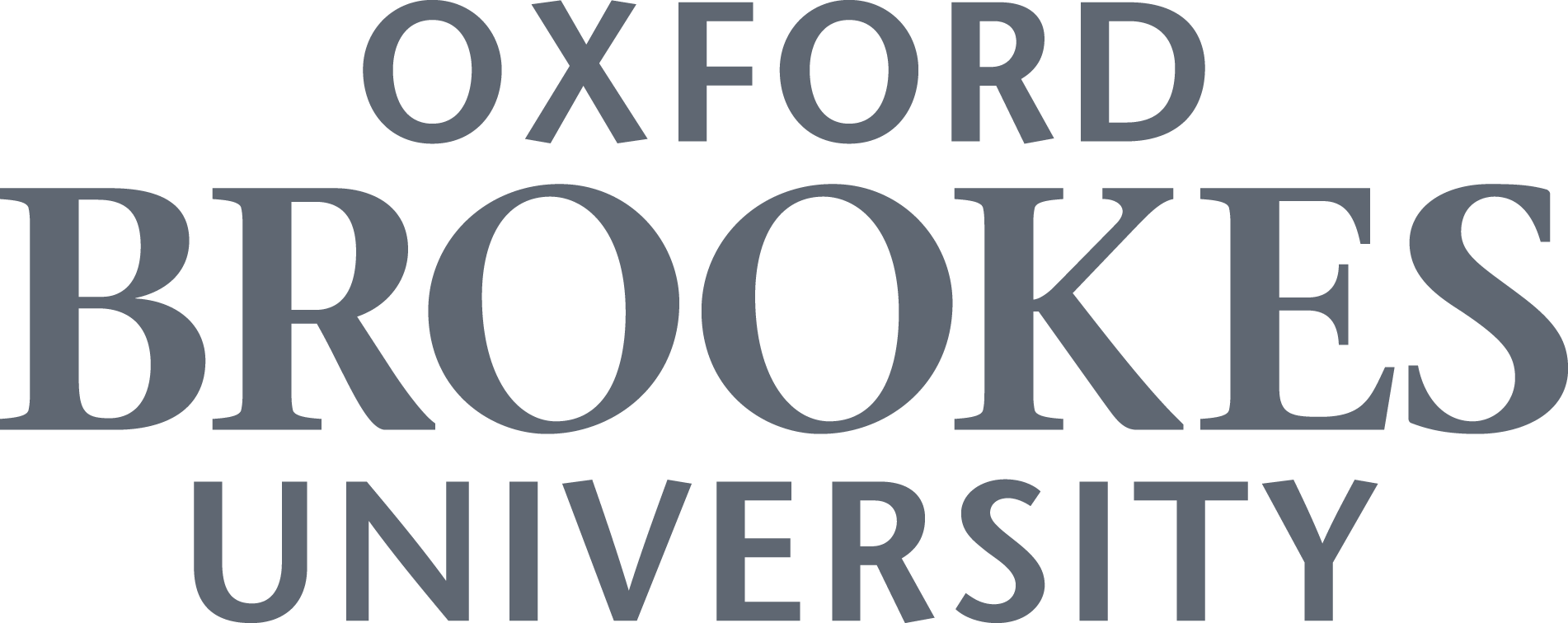



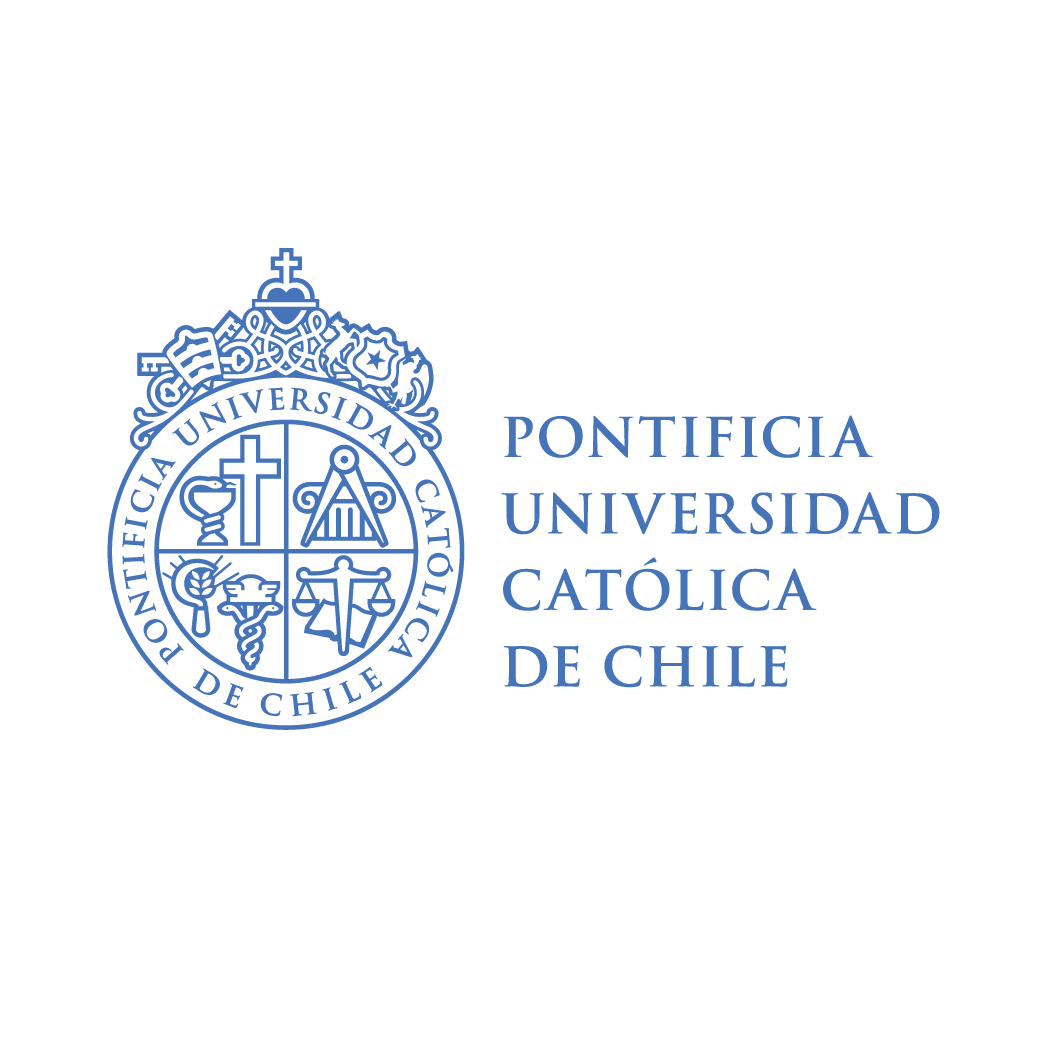

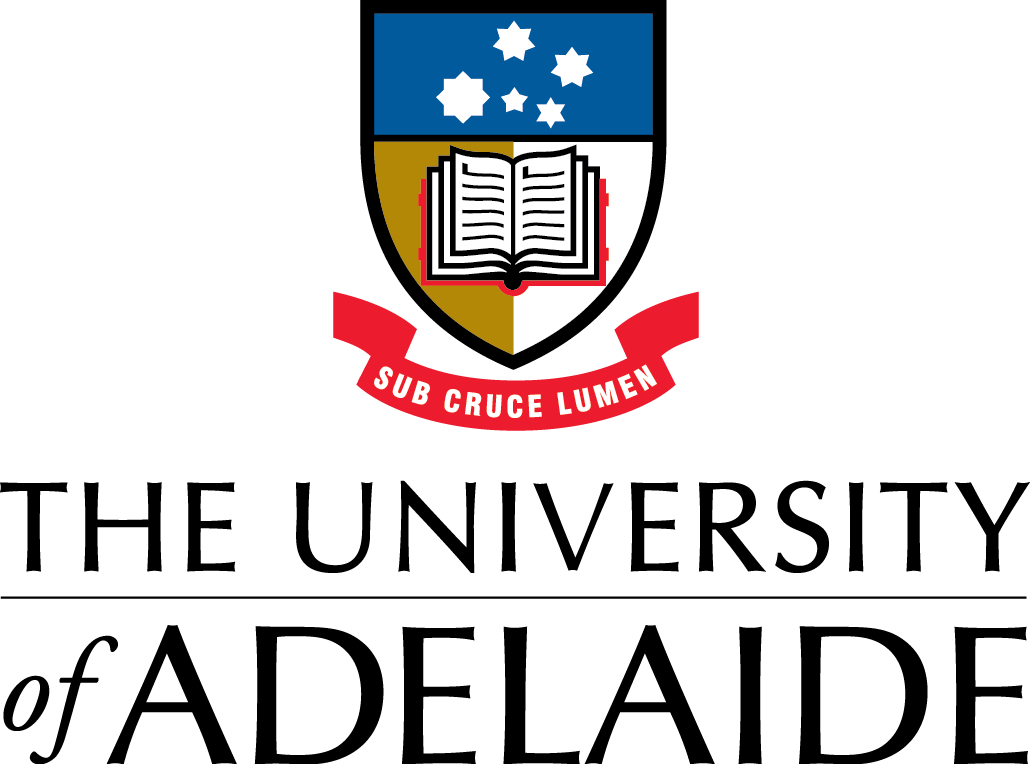


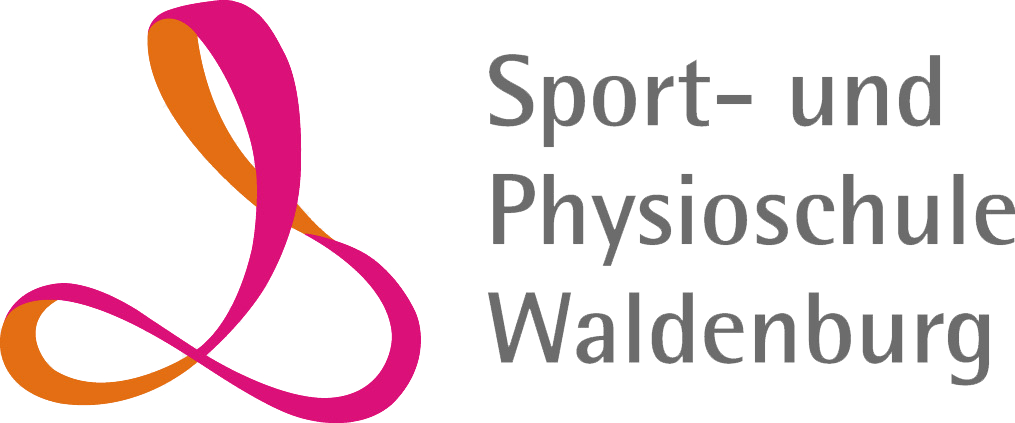
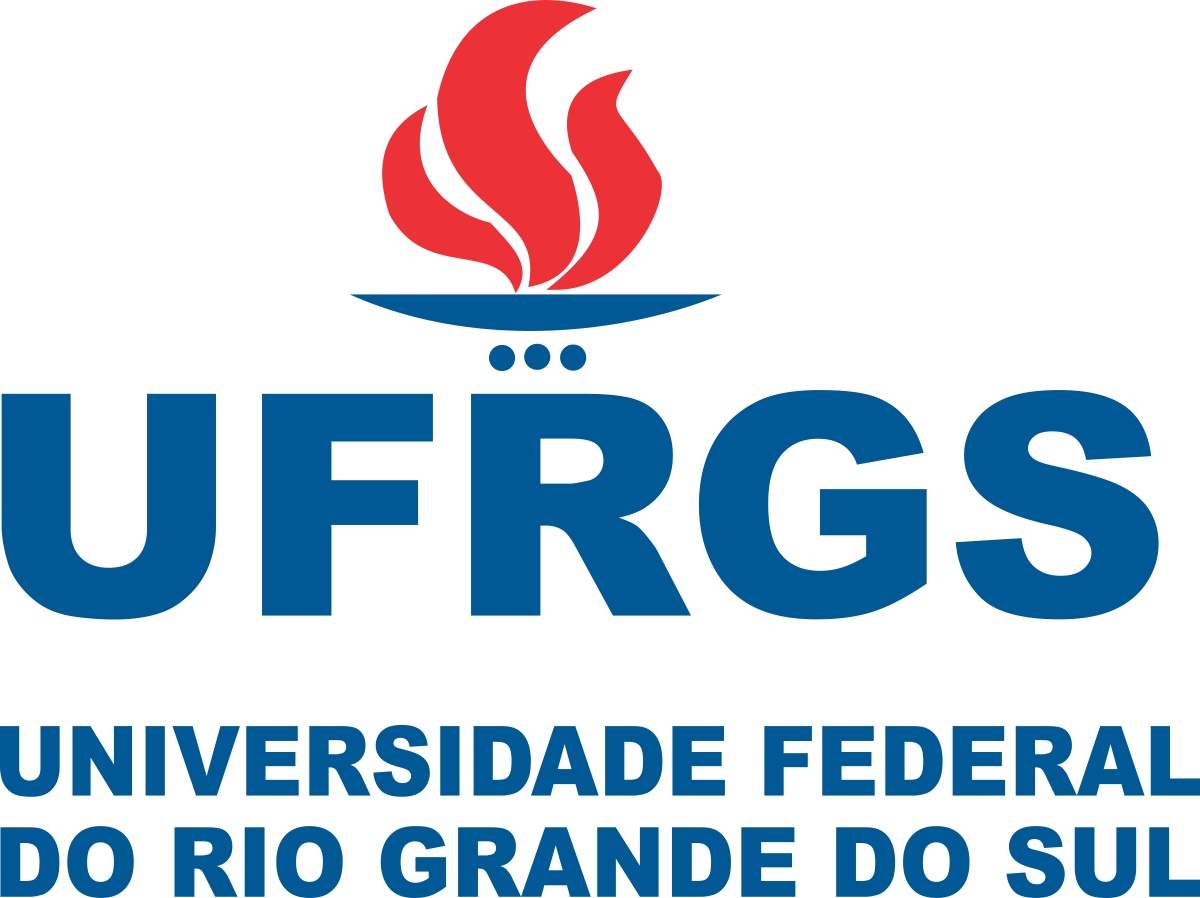

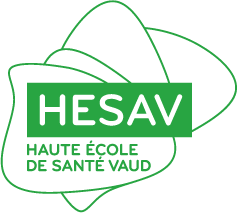

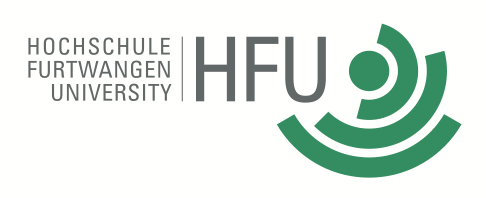
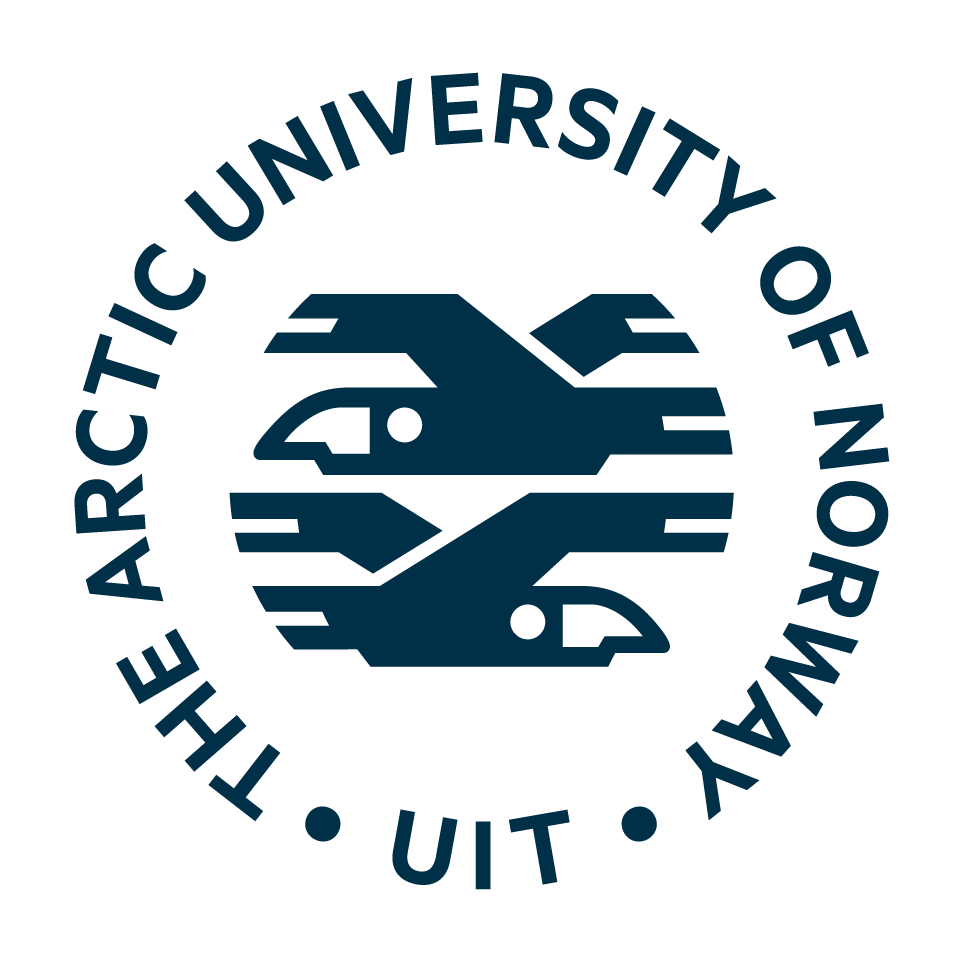




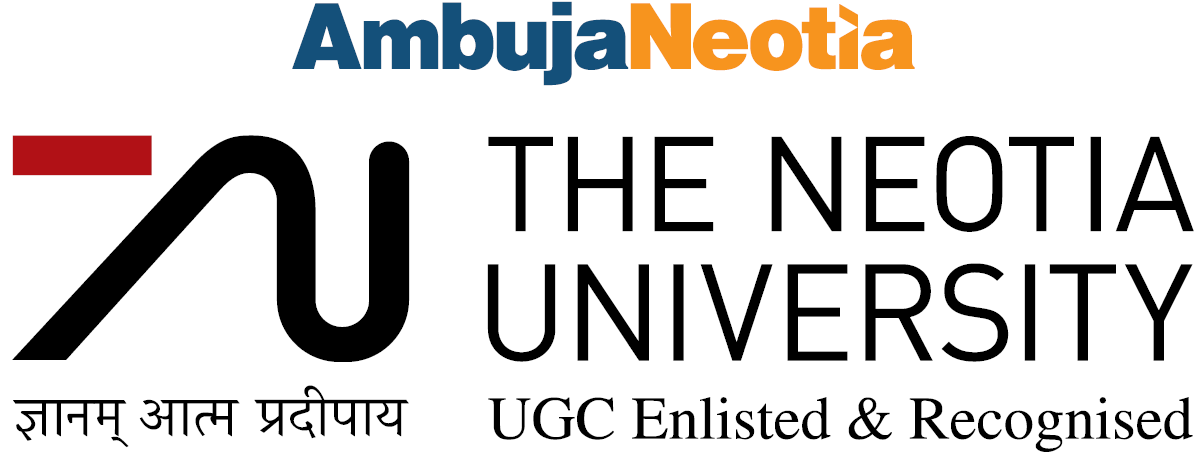

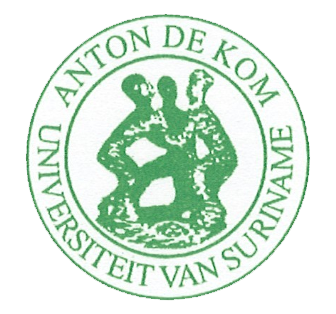


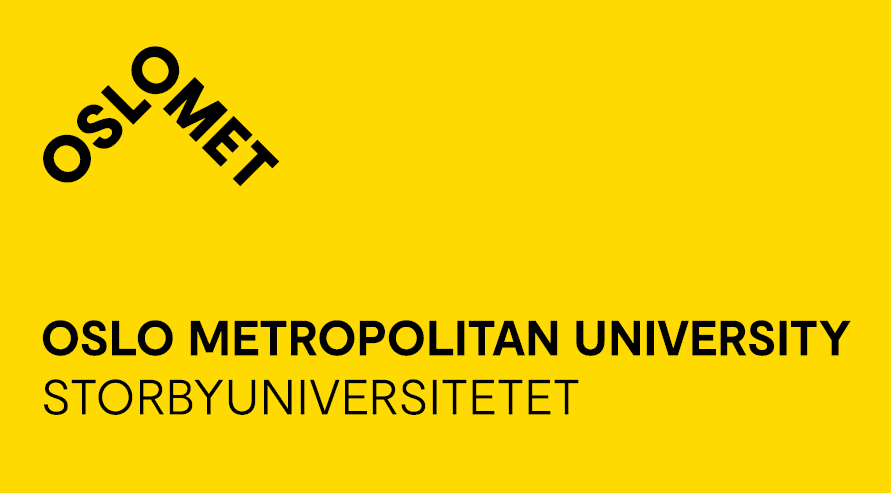
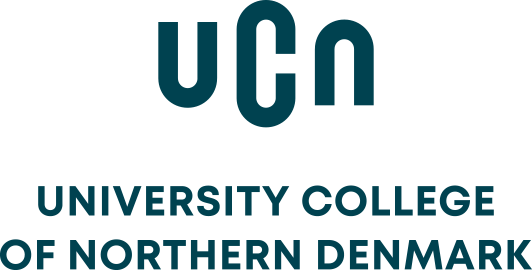

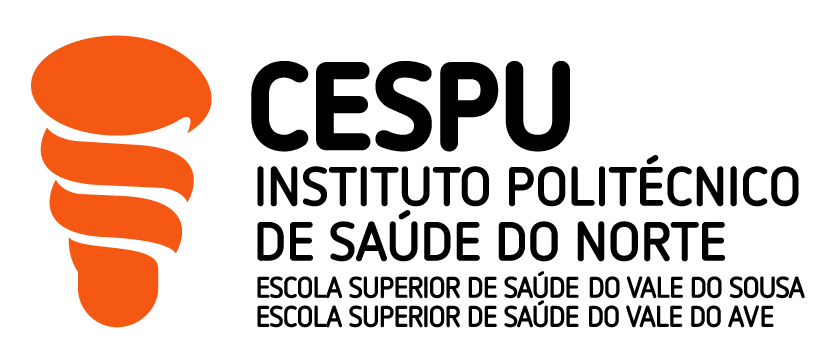

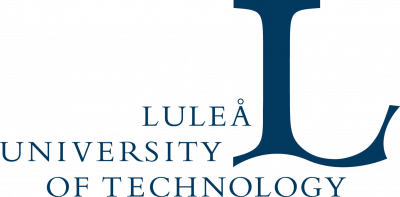



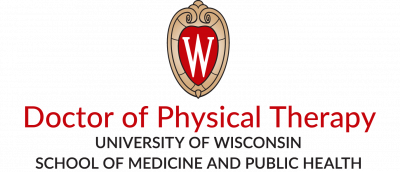
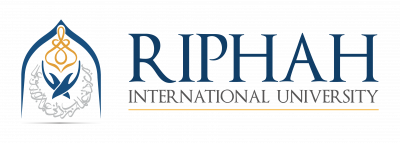

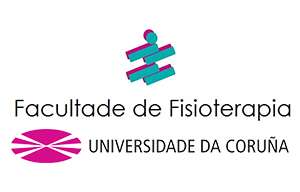


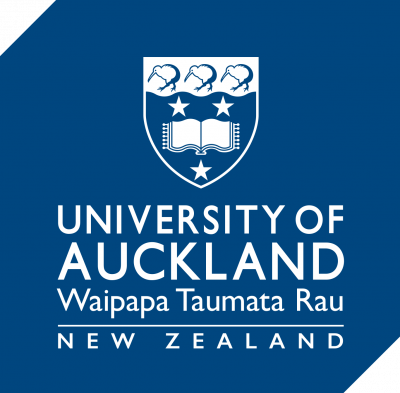
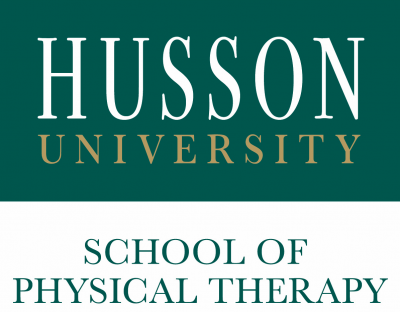
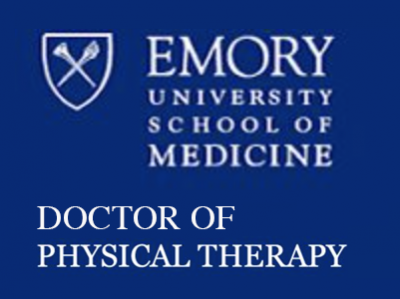
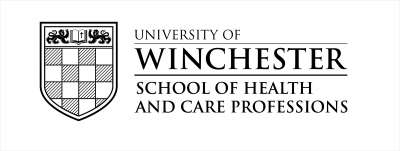


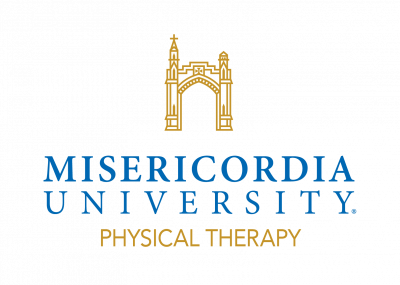
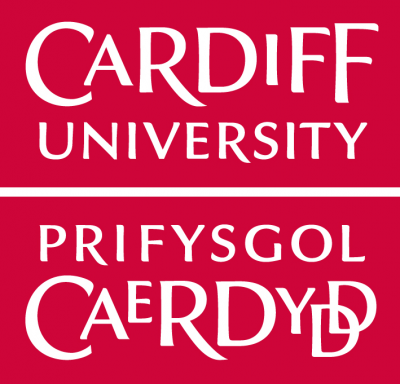
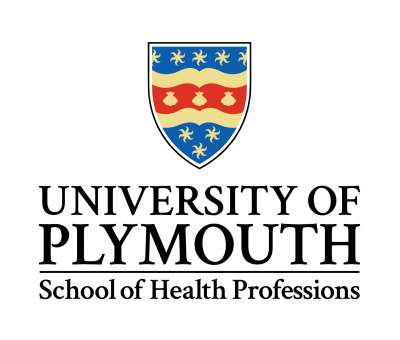
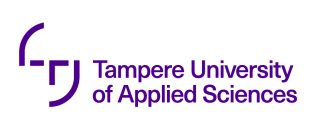
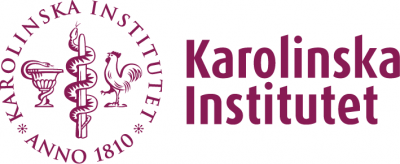

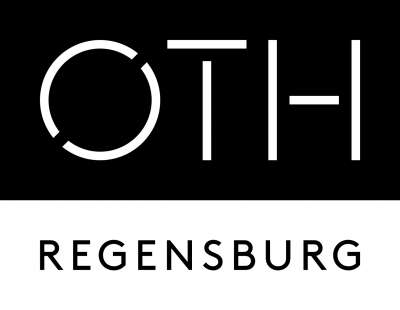

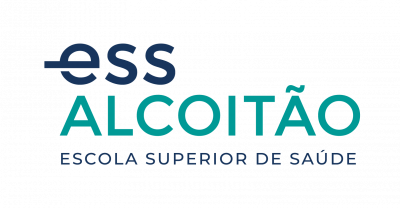





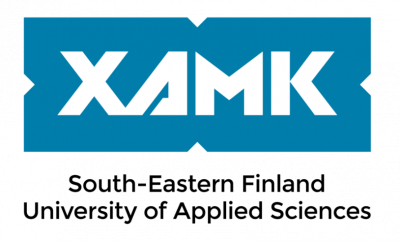

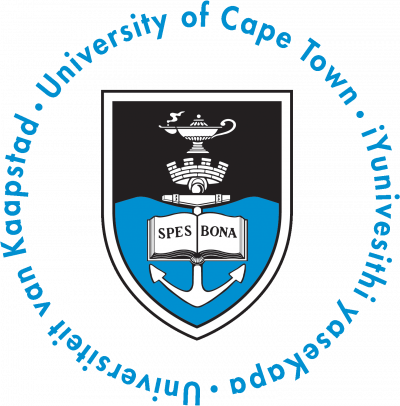

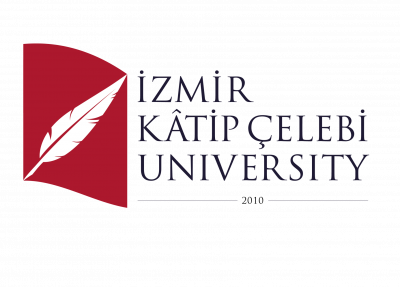

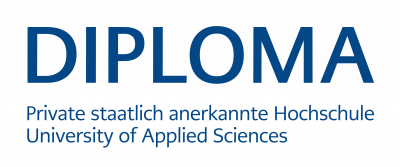


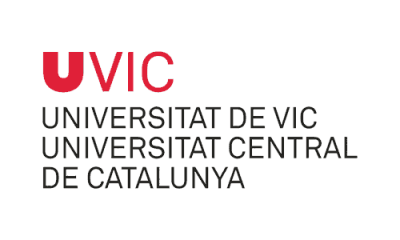

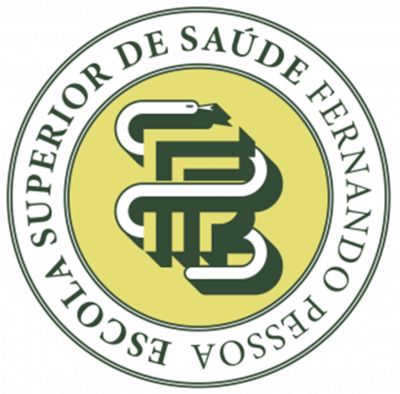
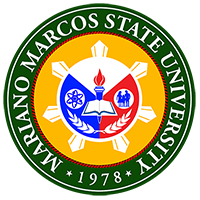
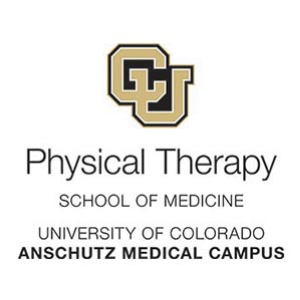


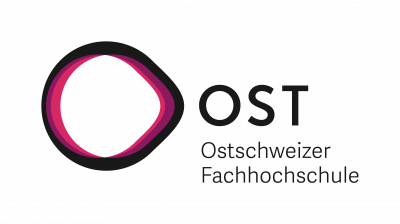
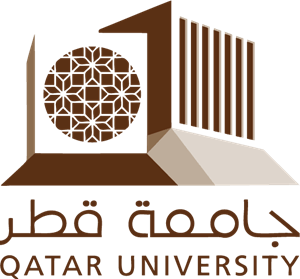

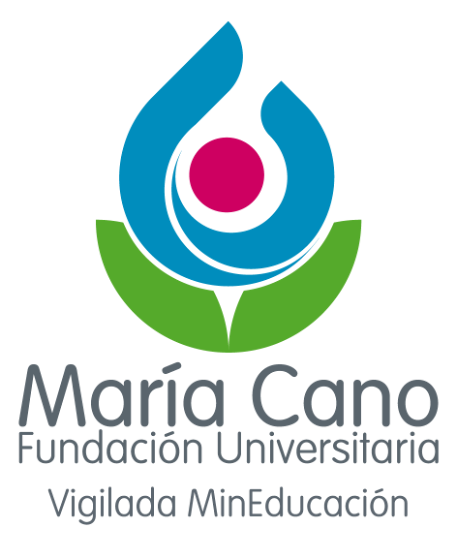


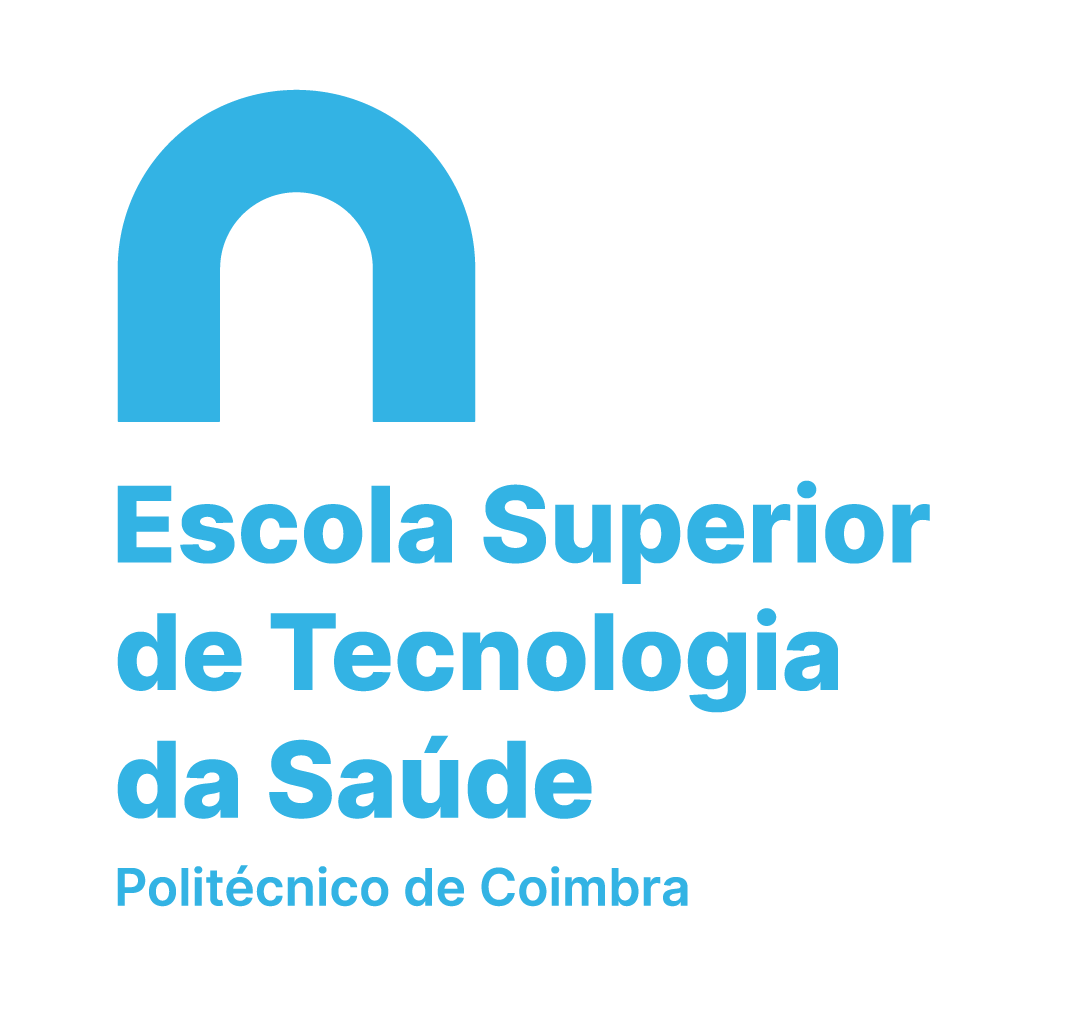


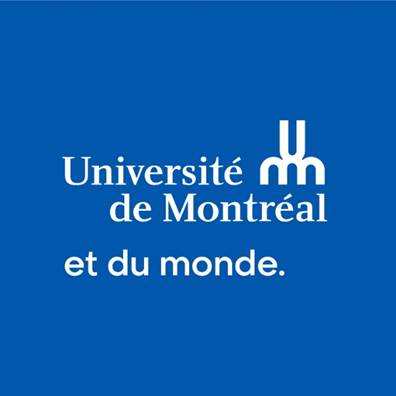


Is your University's PT department not part of our international network yet? Please get in touch with Filip Maric (PhD) for more information about how your department can join this work.
EPT Agenda Supporting organisations
The organisations supporting the EPT Agenda are indispensable for our work in advancing the implementation of environmental physiotherapy, planetary health, and sustainability education in physiotherapy training programs around the world. Through the support of these organizations, more and more universities feel encouraged to join our efforts. We have no particular expectations or restrictions as to who or what classifies as an organization that can support the EPT Agenda 2023. Organisations can include large-scale international professional groups, national and regional professional organisations, small and large special interest groups, as well as other healthcare professional and patient groups and organisations. With all of your support, we will undoubtedly achieve the aims of the EPT Agenda and help improve health and well-being around the globe.

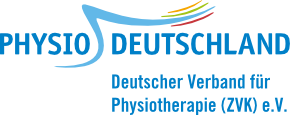
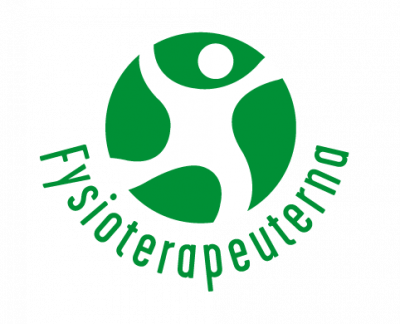

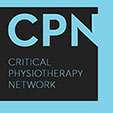



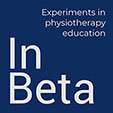

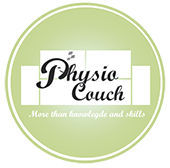
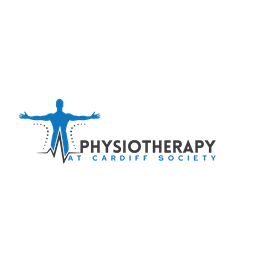
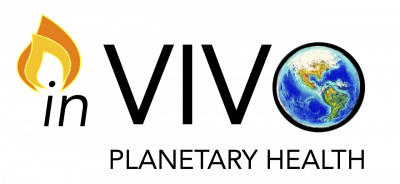

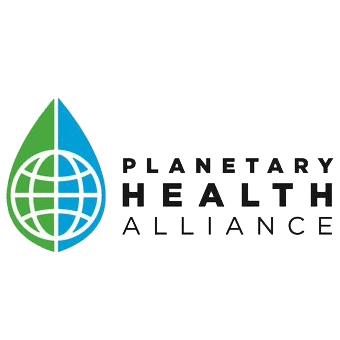
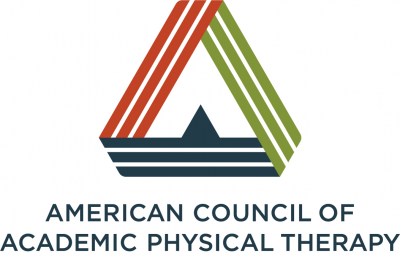
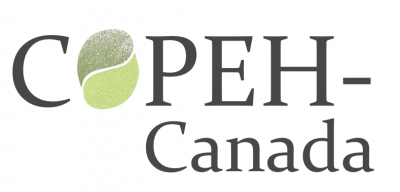
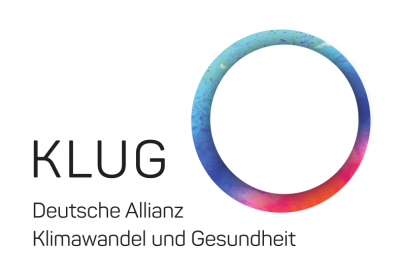

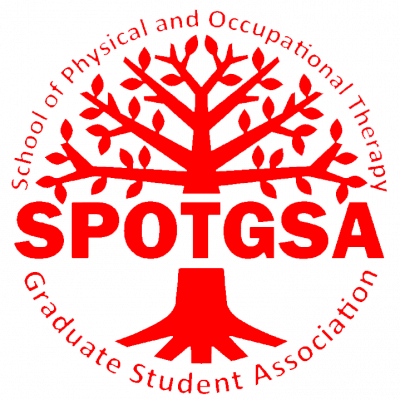


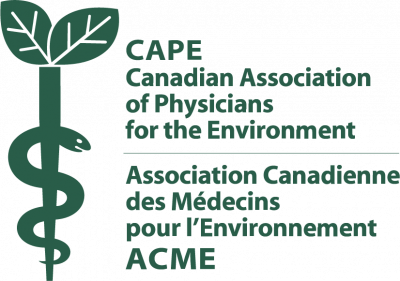
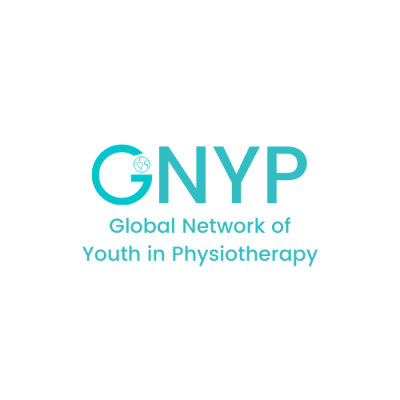
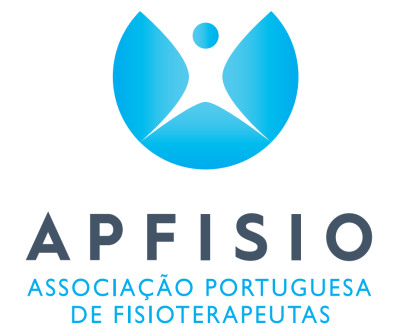
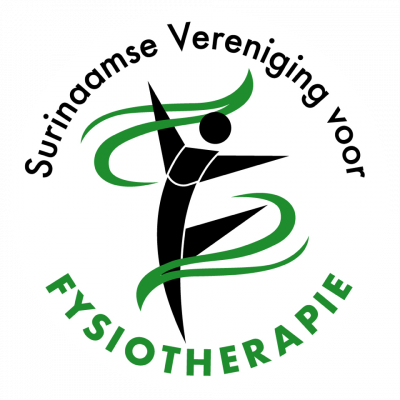

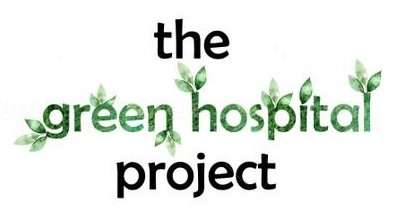


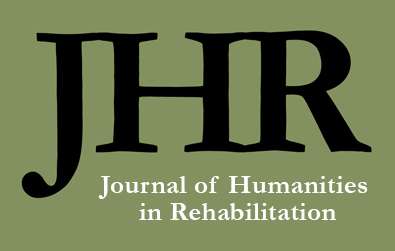
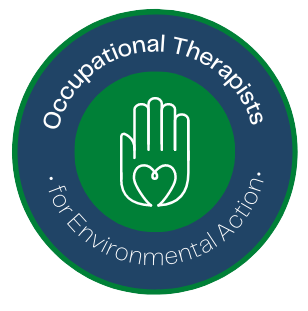
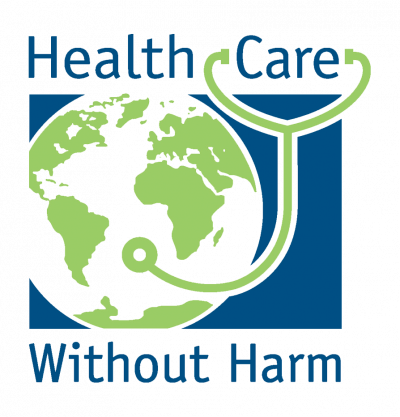
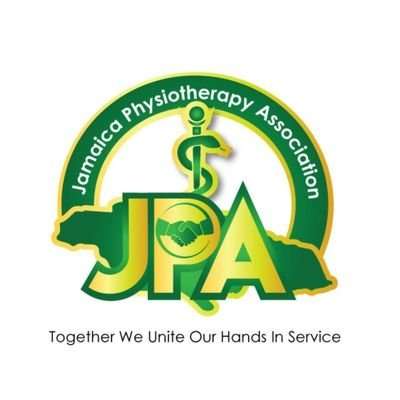
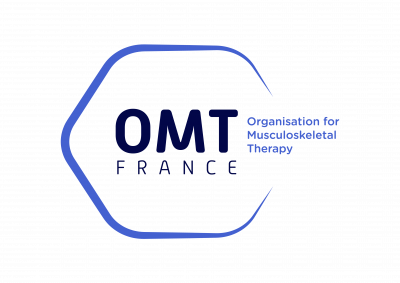
Is your organization not among our supporting organizations yet but you think it should be? Please get in touch with Filip Maric (PhD) for more information about how your organization can show support for our work.
Related publications
Richter, R., & Maric, F. (2022). Ecological Bodies and Relational Anatomies: Toward a Transversal Foundation for Planetary Health Education. Challenges, 13(2), 39. https://doi.org/10.3390/challe13020039
MSK Partnership Group (2022). The United Kingdom Musculoskeletal Advanced Practice Standards. MSK Partnership Group: NHS Health Education England, MACP Musculoskeletal Association of Chartered Physiotherapists, IFOMPT.
World Physiotherapy European Region (2022). Statement on Physiotherapy Education of the Europe region. Education Matters Working Group (EMWG). Prague, Czech Republic.
Maric, F., Chance-Larsen, K., Chevan, J., Jameson, S., Nicholls, D., Opsommer, E., Perveen, W., Richter, R., Stanhope, J., Stone, O., Strimpakos, N., Vieira, A., Williams, M., Zuber. S., Söderlund, A. (2021). A progress report on planetary health, environmental and sustainability education in physiotherapy – Editorial. European Journal of Physiotherapy, 1-2. https://www.tandfonline.com/doi/full/10.1080/21679169.2021.1932981
Maric, F., Cleaver, S., O’Sullivan, C., Vieira, A., Stone, O. (2020). Environmental Physiotherapy Education podcast. In Beta Unconference 2020: https://inbeta.uwc.ac.za/
Maric, F., Nicholls, D., Mostert, K., Culpan, J., Stone, O., van Wijchen, J., Kennedy, M., Long, I., Bundtzen, T. (2020). The Environmental Physiotherapy Agenda 2023. Oslo: Environmental Physiotherapy Association (EPA). ISBN: 978-82-303-4491-0. https://environmentalphysio.com/education/ept-agenda-2023
Header image by Devin Berko on Unsplash





